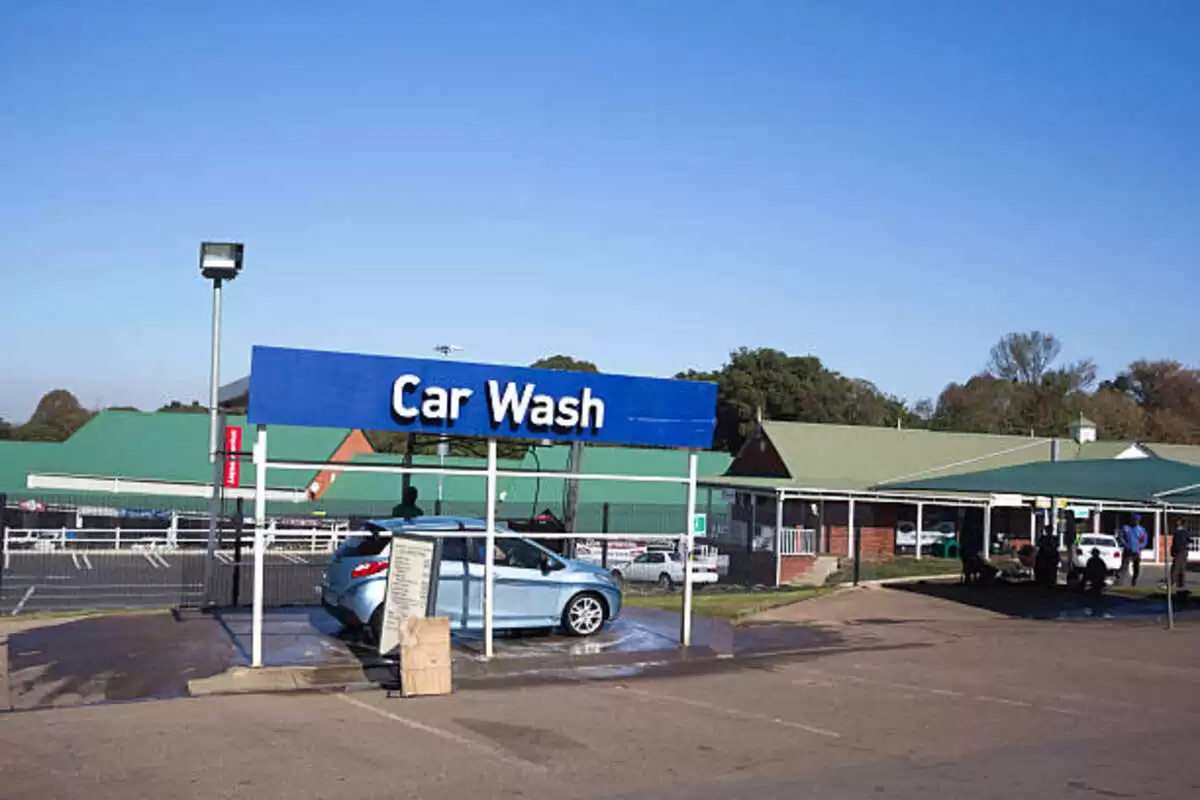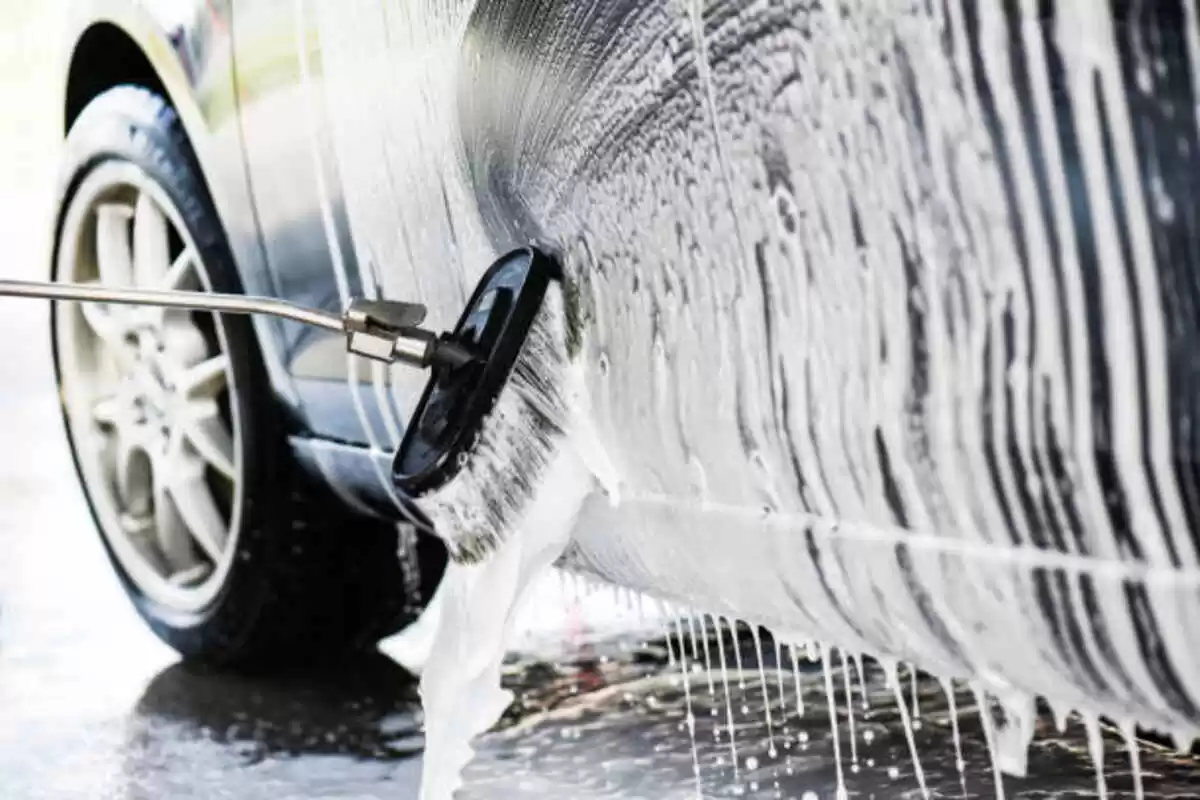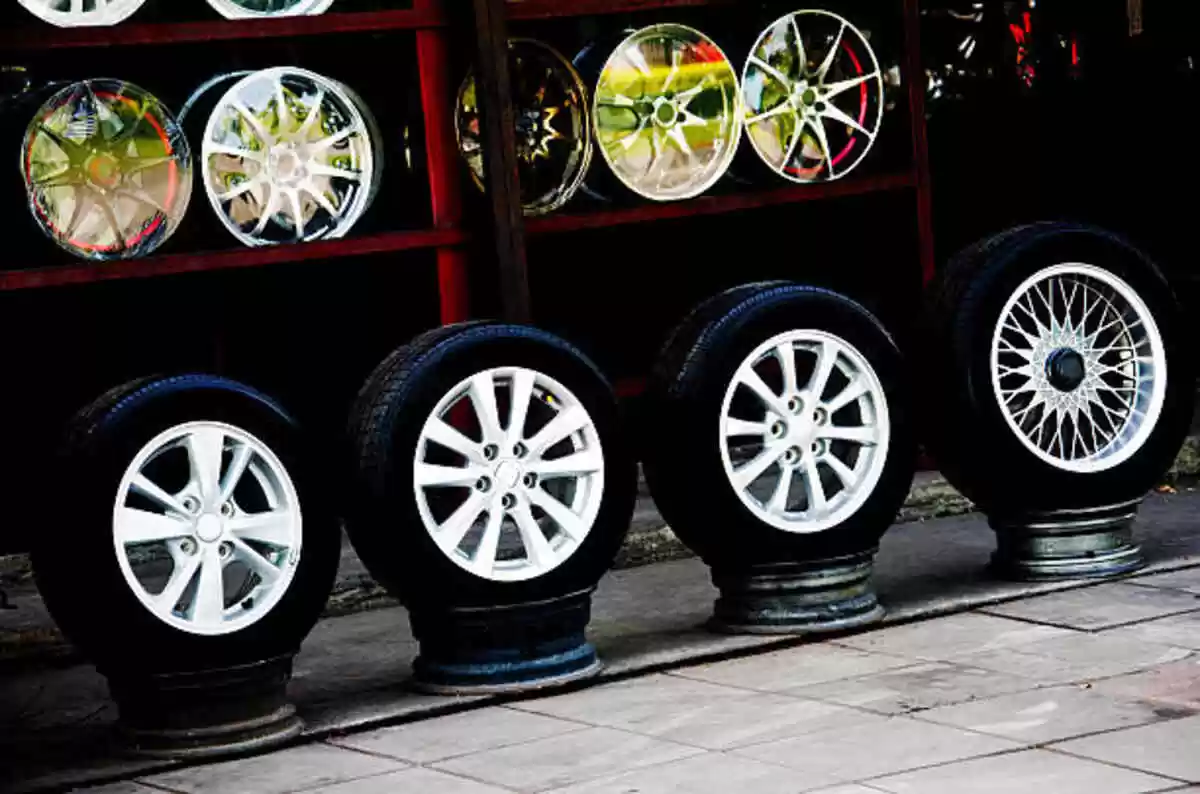The Roadie comprises modular battery packs that can be stacked to increase storage. The charger sits atop the stack. It has its own 3.7-kilowatt-hour battery and weighs 51 pounds; each battery provides 3.5 kWh of usable power and weighs 73 pounds.
The charger’s max output is 20 kilowatts. A double-stacked Roadie will add 20 to 28 miles of range.
The Roadie is compatible with Tesla models and most EVs that use CCS and CHAdeMO DC charging standards. That includes EVs from Kia, Mitsubishi, Nissan, Toyota and Polestar, as well as the Volkswagen ID4, Ford Mustang Mach-E and Chevrolet Bolt.
SparkCharge initially partnered with roadside assistance providers, insurance companies, hotels and other businesses. But last year it rolled out an on-demand mobile service through an app it calls Currently. It connects Roadie with EV drivers in San Francisco, San Jose and Los Angeles in California, as well as Dallas. By the end of the year, Currently will expand to reach EV drivers in as many as 10 cities, said Aviv, declining to comment on specifics.
Users pay $25 to $80 a month, plus a per-charge service fee, and can book their charge within 30 minutes or up to two weeks in advance. Aviv said it’s as simple as parking the EV at a nearby Starbucks, leaving the charging port open and waiting for the Roadie to arrive. The driver does not need to be present.
To transport the Roadies within each designated region, SparkCharge uses a fleet of hybrid vans.
When the Roadies are depleted, the vans retreat to charging facilities around each city.
The units can plug into 110-volt wall outlets and be back on the road in four hours.





